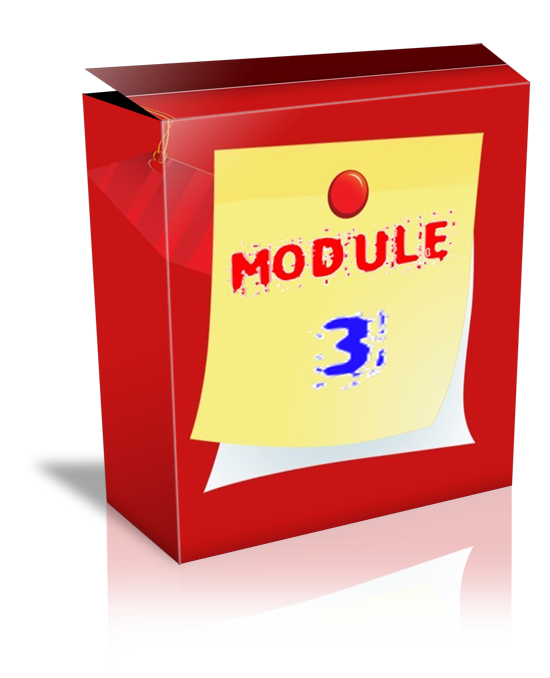Introduction
Now I have critically
reflected on Module Three – Professional Inquiry - I feel I have enjoyed the
experience of doing my professional inquiry, creating my professional artefact,
and critically reviewing the findings of my professional inquiry on "How do teachers
foster the development of independent learners in a special educational needs
(SEN) context?".
Part One - “Professional Inquiry”
Starting Module Three I
quickly realised that after reading the feedback from my academic advisor I
need to amend my professional inquiry - something I wasn't keen on as I didn't
particularly enjoy Module two - Developing lines of inquiry. Immediately I
dived straight in with what needed to be amended before carrying out my
professional inquiry on on "How do
teachers foster the development of independent learners in a special
educational needs (SEN) context?"creating and developing my own questions
on transitions a child experiences in primary school. After I reflected upon my
professional inquiry findings and started on my literature reviews.
Part Two - “Critical Review”
The critical review of
Module three was something I found to be a bit of a challenge but enjoyable at the same time. I found it to
be a challenge because as while I feel my professional inquiry has deepened my
own understanding the process of evaluating and analysing were challenging.
Part Three - “Professional Artefact”
I greatly enjoyed
creating my Professional Artefact on "How do teachers foster the development of
independent learners in a special educational needs (SEN) context?". I had
always planned on using the professional artefact as part of my oral
presentation and after contacting my
academic advisor where they confirmed that it should be only used as part of
the oral presentation if it relates to your findings. I chose to do it in a
video format as it's a type of presentation I am comfortable with.
Conclusion
Upon reflection I feel
while I have tried my best to adapt to new ways of critically reflecting and
sharing my findings through blogs to be engaged with my peers along my BAPP
journey. During my BAPP journey I have learnt how in the future I can best make
use of my own professional network, how critical thinking involves consistent
focus and attention to detail. I feel that the skills I have learnt on the
course will help greatly in the future for my self-development on chosen career
path.


